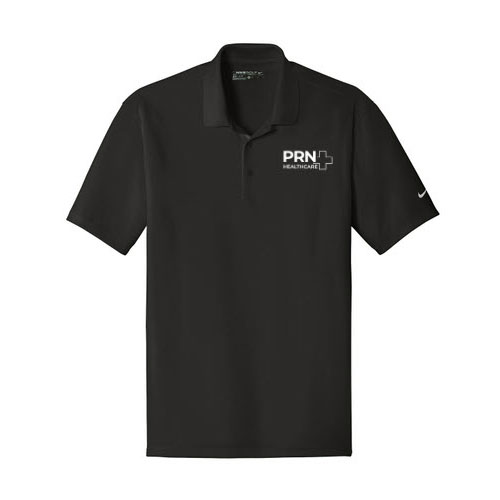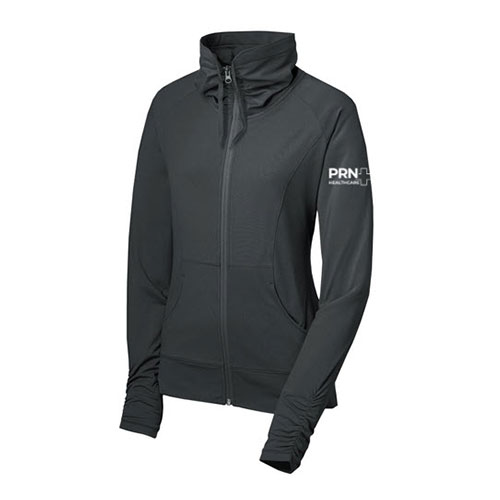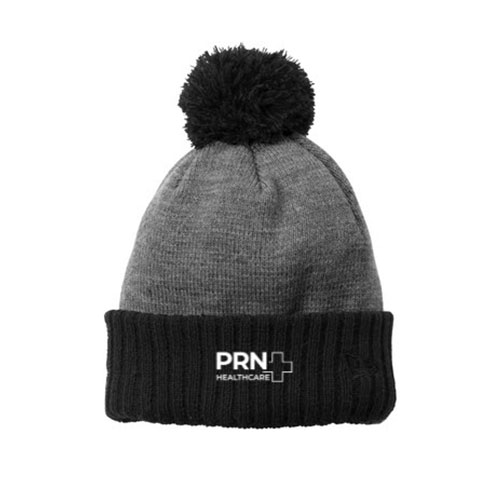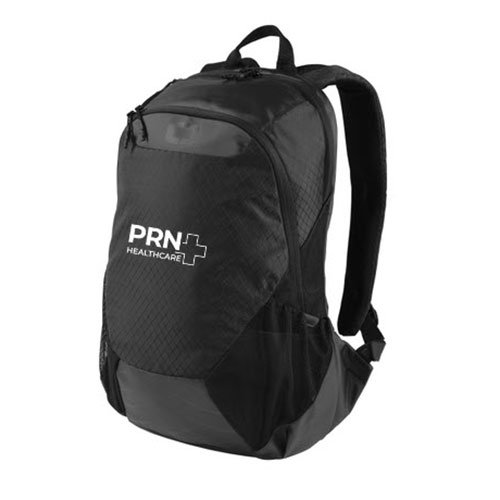As a Healthcare staffing agency, we understand the importance of having reliable information and trustworthy information available to you. That’s why our healthcare content is created by experienced nurses and healthcare professionals who understand the industry firsthand. We use trustworthy sources and keep our information up-to-date so you can feel confident in the advice and resources we offer.
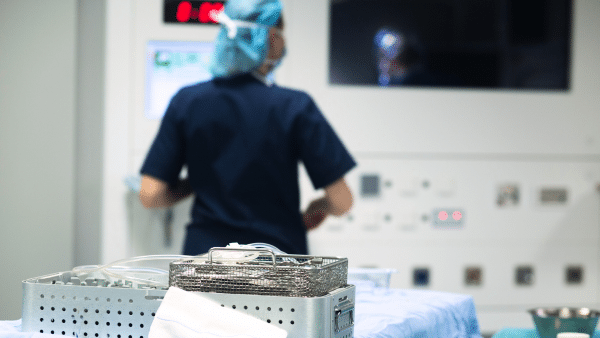
Applying for a travel contract as a sterile processing technician (SPT) is distinct from seeking a permanent position. Many travel assignments are filled quickly, so it’s important to stand out during the application and interview process. Some facilities utilize third-party services to screen resumes, while others prefer direct interaction through interviews before hiring. Regardless of the process, being prepared for an interview ensures you present yourself as a qualified, professional candidate. The following outlines common interview questions and valuable tips to help you prepare for your interview.
Preparation Tips
Preparation is key to acing your interview. Here are some helpful tips:
- Research the Facility: Understand the facility’s culture, services, and any specific sterile processing protocols they follow.
- Review Common Questions: Practice answering the interview questions with a friend, family member, or mentor to build confidence and refine your responses.
- Stay Calm and Confident: While interviews can be nerve-wracking, a calm, confident demeanor goes a long way in showing your professionalism.
Experience Interview Questions
Experience-based questions help interviewers assess your qualifications, work history, and adaptability in various environments. Here are some questions to expect:
- How long have you worked as a sterile processing technician?
- What is your experience with travel or local contracts in sterile processing?
- If you’ve traveled for contracts before, how did you manage the learning curve of adapting to new departments?
- Can you explain the various sterilization methods you are familiar with?
- How do you ensure effective communication and collaboration with colleagues?
- Describe your experience with handling and decontaminating biohazardous materials.
- Have you had experience with inventory management in sterile processing?
- Have you worked with specific sterilization equipment or systems? If so, can you elaborate on your experience?
Job-Specific Interview Questions
These questions dive deeper into how you perform your day-to-day duties and address challenges in the sterile processing department.
- How do you prioritize sterilization tasks when faced with multiple requests?
- How do you maintain accurate records of sterilization procedures and equipment maintenance?
- Can you describe a situation where you encountered a problem with the sterilization process and how you resolved it?
- How do you ensure the proper handling and storage of sterile supplies to maintain their integrity?
- What measures do you take to prevent the spread of infections in the sterile processing department?
- How do you handle discrepancies or issues with equipment sterilization?
- How do you stay updated on industry regulations, guidelines, and best practices in sterile processing?
Sterile Processing Interview Questions to Ask
An interview is a two-way conversation, and asking questions helps you assess whether the position is a good fit for you. Keep your questions brief and focused on the role:
- What does the orientation process for this position look like?
- How are the workstations organized (e.g., handwashing, sterilizers, decontamination, carts/set)?
- How many cases are typically processed per day, and what types?
Questions to Ask at the End of the Interview
At the end of the sterile processing interview questions, express your enthusiasm and assess the interviewer’s perception of your fit for the role. Consider asking:
- When do you expect to make a decision?
- Shows your interest in the position and provides clarity on the hiring timeline.
- Are you considering other candidates for this position?
- This can give you a sense of where you stand in the hiring process and whether there are any concerns you should address.
- Do you think I’m a good fit for the role?
- This question allows the interviewer to offer feedback and can guide your next steps if they have any concerns.
Now that you’re equipped to ace your interview, good luck on your journey ahead! Want to begin right away? Click here to see the exciting opportunities waiting for you! To view open jobs with PRN Healthcare browse here!

